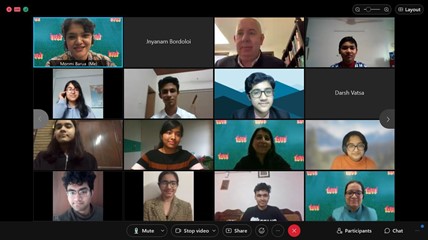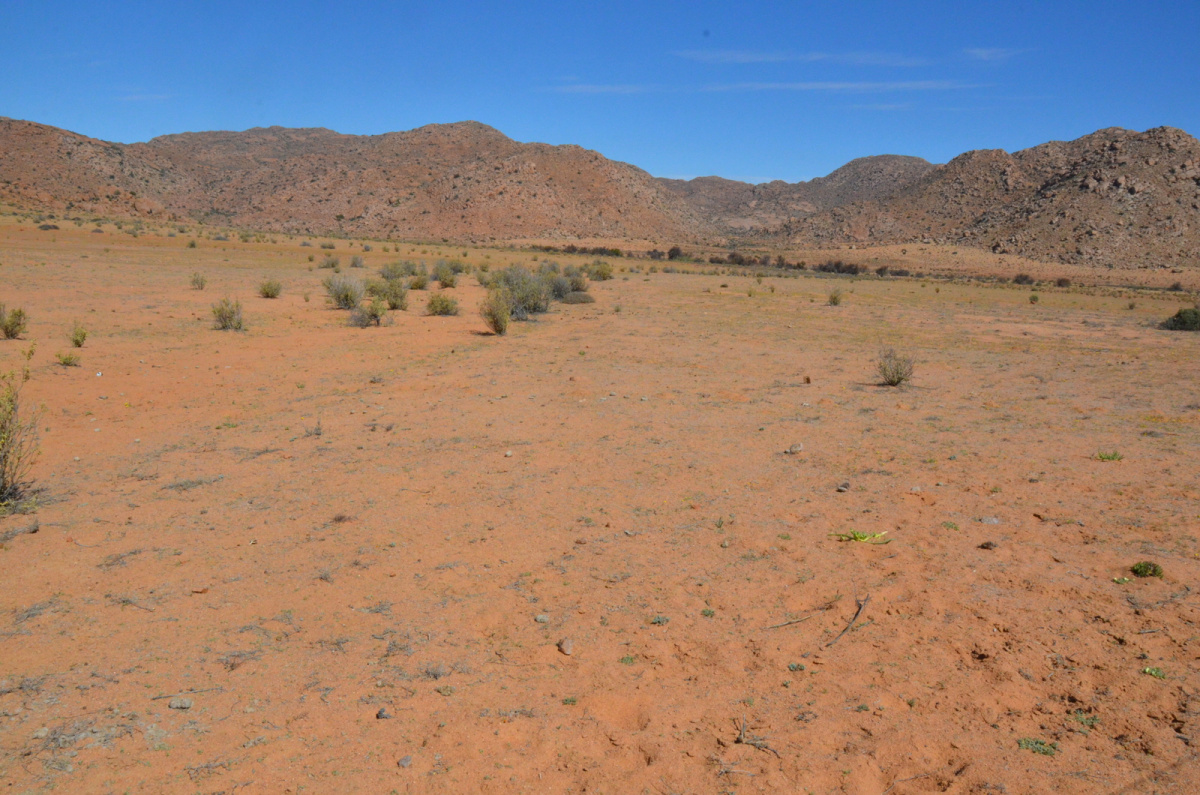Responsible production and consumption highlighted at the IUCN Leaders for Nature masterclass
IUCN India in collaboration with Global Compact Network India (GCNI) organised a Leaders for Nature (LfN) Master Class on Circular Economy in Business: A blueprint for action towards SDG 12 - Responsible Consumption and Production on 6 September 2019. A total of 80 participants from the Ministry of Environment, Forest and Climate Change, Ministry of Coal, Niti Aayog, businesses and NGOs attended the masterclass. By presenting concepts of Circular Economy, the activity aimed to encourage companies to ensure responsible consumption and production approaches are incorporated in their business models.
Also, the event was an opportunity to deliberate and focus on the business sector’s present undertakings and future course of actions in unlocking Circular Economy (CE) opportunities.
Dr. Vivek Saxena, Country Representative, IUCN India and Mr. Kamal Singh, Executive Director, UN Global Compact Network India welcomed the participants and introduced the masterclass theme. They discussed how circular economy could transform businesses by building a low carbon resource efficient economy following recent findings from the UN Environment Statistics, which states that a Circular Economy would cut down resource use by 28% and reduce carbon emissions by 72%. The event aimed to directly contribute to the UN Sustainable Development Goal 12- “sustainable consumption and production.”
The workshop focused on how greenhouse gas emissions and pollution have reached unprecedented levels, risking livelihoods, food security, biodiversity as well as the general well-being of the planet. It also tackled the advancing overexploitation of the planet‘s bio capacity.
Mr. Prakash Javadekar, Honorable Minister of Environment, Forest and Climate Change addressed the event through a special video message. He highlighted the necessity to shift from linear economy to circular economy and encouraged corporations to take the lead.
The masterclass was divided into three technical sessions. The session on Circular Economy in Business, highlighted the upcoming single use plastic ban and the need to take initiatives not only at an organisational level but also at an individual level. The session on Providing an Enabling Policy Framework for Circular Economy in India, highlighted the role of younger generations in scaling up sustainable practices and the need for technology and innovation to recycle electronic and agricultural waste. The session on Sharing Best Practices, focused on the importance of CE as a step towards reaffirming the fundamental changes that are needed in our society in terms of consumption and production, as it is indispensable for achieving global sustainable development. One of the major outcomes of the session was discussions on the conditions of informal workers and waste pickers and the need for their better representation, regulations and prices.
Keynote speakers from various backgrounds representing different businesses shared their thoughts and experiences on the topic. These include Mr. Yaduvendra Mathur, Special Secretary, NITI Aayog; Mr. B. S. Sajwan, Ex-member, National Green Tribunal and retried Principal Chief Conservator Forest of Arunachal Pradesh; Mr. V.K. Tiwari, Additional Secretary, Ministry of Coal; Mr. P. Dwarkanath, Chairman, GlaxoSmithKline (GSK); Mr. Chandra Bhushan, Deputy Director General, Centre for Science and Environment; Ms. Arushi Nishank, Chairperson, Sparsh Ganga; Mr. Atulit Saxena, President, FutureBrands; Dr. Bhawna Singh, Scientist, Ministry of Environment, Forest and Climate Change; Mr. Sandeep Srivastava, Head- Environment and Sustainability, Ambuja Cements; to name a few.
The event had been beneficial for IUCN India in bringing together corporations who are not only taking the initial steps to ensure responsible consumption and production but also inspiring and motivating other players from various sectors. The Leaders for Nature programme also provides in-company sessions to companies to ensure in-depth knowledge on nature-based solutions. These customised sessions assist companies in acquiring up-to-date knowledge from sector experts.
India has been tipped to become the fastest growing economy in the world. This robust economic growth coupled with rising household incomes have resulted in increased consumer spending (individual and organisational), which is expected to reach USD 4 trillion by 2025. With a population of over 1.3 billion people, accounting for 18% of the global population, living on only 2.4% of the world’s surface, India is likely to face significant resource constraints in the coming decades.








